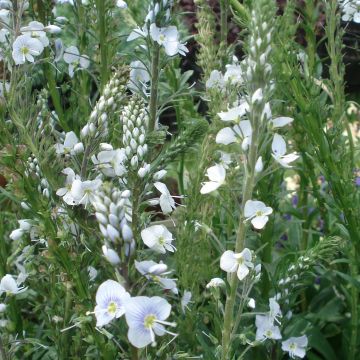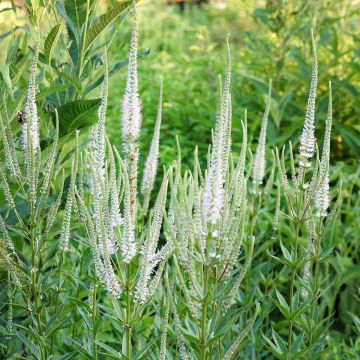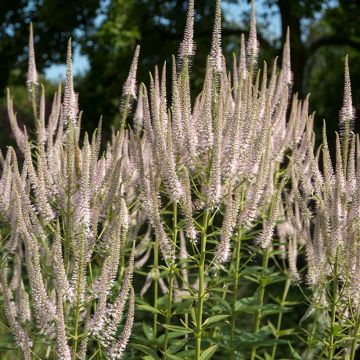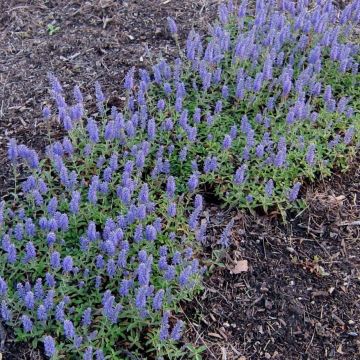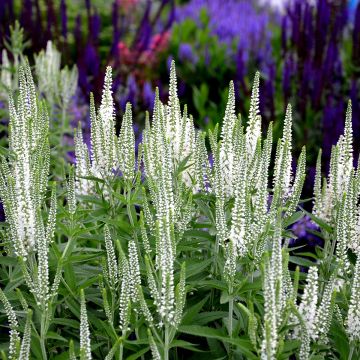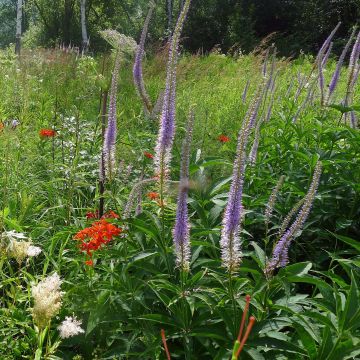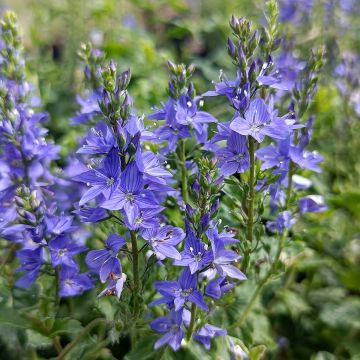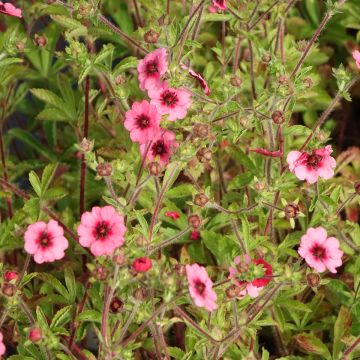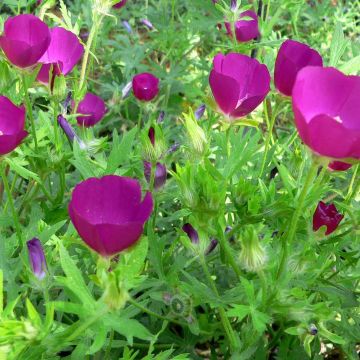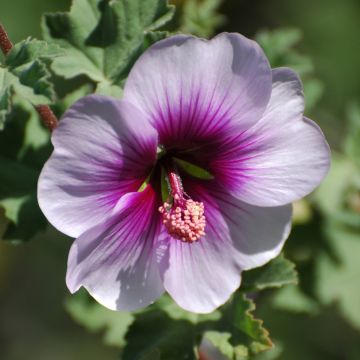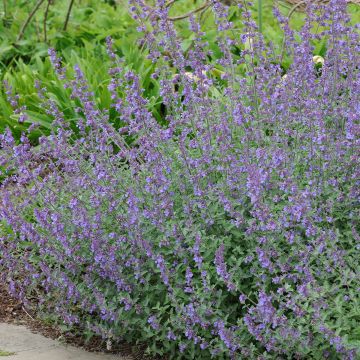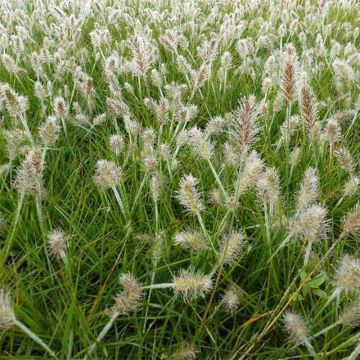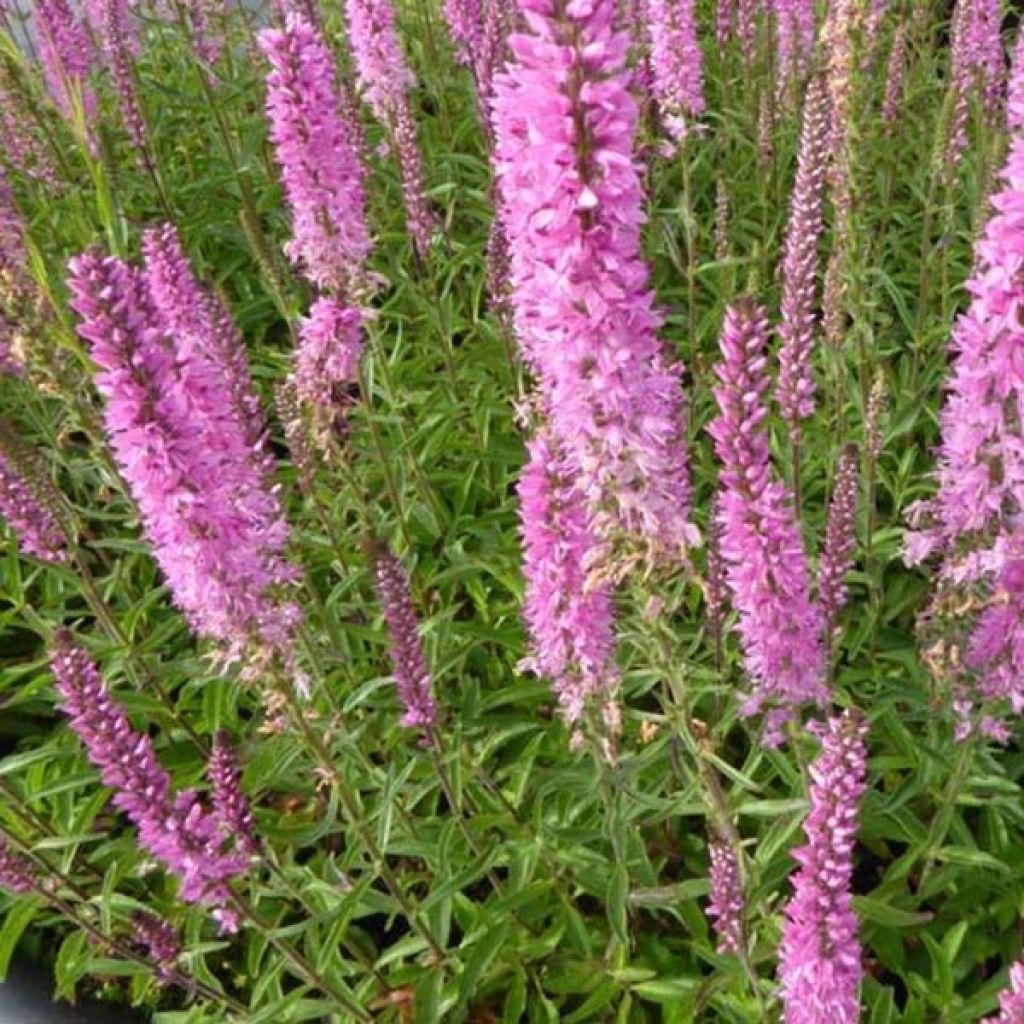

Veronica spicata Barcarolle
Veronica spicata Barcarolle
Veronica spicata Barcarolle
Spiked Speedwell
Special offer!
Receive a €20 voucher for any order over €90 (excluding delivery costs, credit notes, and plastic-free options)!
1- Add your favorite plants to your cart.
2- Once you have reached €90, confirm your order (you can even choose the delivery date!).
3- As soon as your order is shipped, you will receive an email containing your voucher code, valid for 3 months (90 days).
Your voucher is unique and can only be used once, for any order with a minimum value of €20, excluding delivery costs.
Can be combined with other current offers, non-divisible and non-refundable.
Home or relay delivery (depending on size and destination)
Schedule delivery date,
and select date in basket
This plant carries a 12 months recovery warranty
More information
We guarantee the quality of our plants for a full growing cycle, and will replace at our expense any plant that fails to recover under normal climatic and planting conditions.
Would this plant suit my garden?
Set up your Plantfit profile →
Description
Veronica spicata 'Barcarolle' is a variety of spike speedwell that stands out for its dense tufted habit and numerous spikes of tiny pink flowers from June to August, if faded flowers are removed. This lovely perennial forms a brightly flowering mass, covered in butterflies in borders, pots, and at the front of beds. It is very hardy and grows in any well-drained to dry garden soil, in full sun. Its flowers are perfect for bouquets.
Veronica spicata Barcarolle, from the Plantaginaceae family, is a hybrid variety derived from Veronica spicata, or spike speedwell, a perennial plant that mainly grows in the mountains, up to 2000 metres (6562 feet) altitude, and occasionally in plains. It can be found in meadows, dry grasslands, rocky slopes and forest edges, mostly on limestone soil.
The 'Barcarolle' variety is particularly low, well-branched, and floriferous. It will reach about 30 cm (12in) high and 30 cm (12in) wide. Its leaves may be opposite but are often whorled in groups of three or four. They are fairly narrow and lanceolate, 6 to 12 cm (2 to 5in) long, with short petioles, deeply toothed, dark green with a slightly greyish tint. Flowering occurs from June to August, provided the faded spikes are regularly removed. The inflorescences are dense racemes (clusters) that resemble stout spikes, packed with tiny, tubular, bright pink flowers, consisting of four petals and two protruding stamens. The nectar-rich flowers attract many pollinating insects.
Prefering well-drained and dry soils, this Barcarolle veronica is a hardy plant that will thrive in many regions, including alpine gardens. It pairs well with lots of plants to create beautiful summer compositions in borders, at the front of large beds, and in containers on the terrace. Plant it alongside Nepetas, Galanes, Helenies, Astilbe 'Vision in Pink', Filipendula rubra 'Venusta', and Sidalcea, for example. In a wilder style, this perennial forms a successful combination with moderately tall grasses such as Carex, Festuca, and stipa. Its flowers can be used to create stunning bouquets with white or red roses, hydrangeas, ranunculus, and asters.
Report an error about the product description
Veronica spicata Barcarolle in pictures
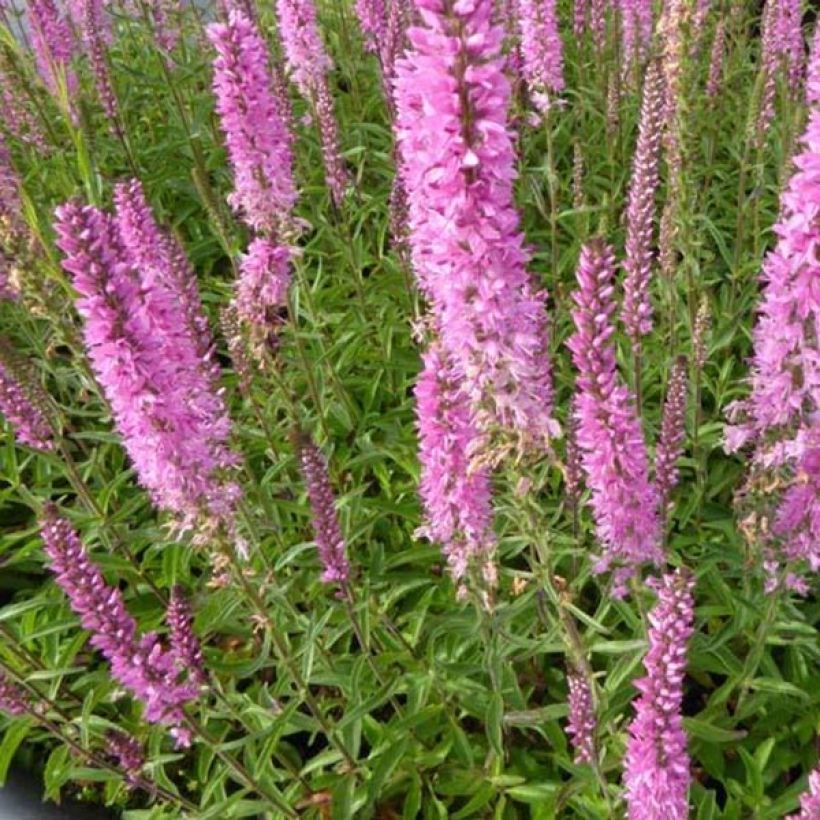

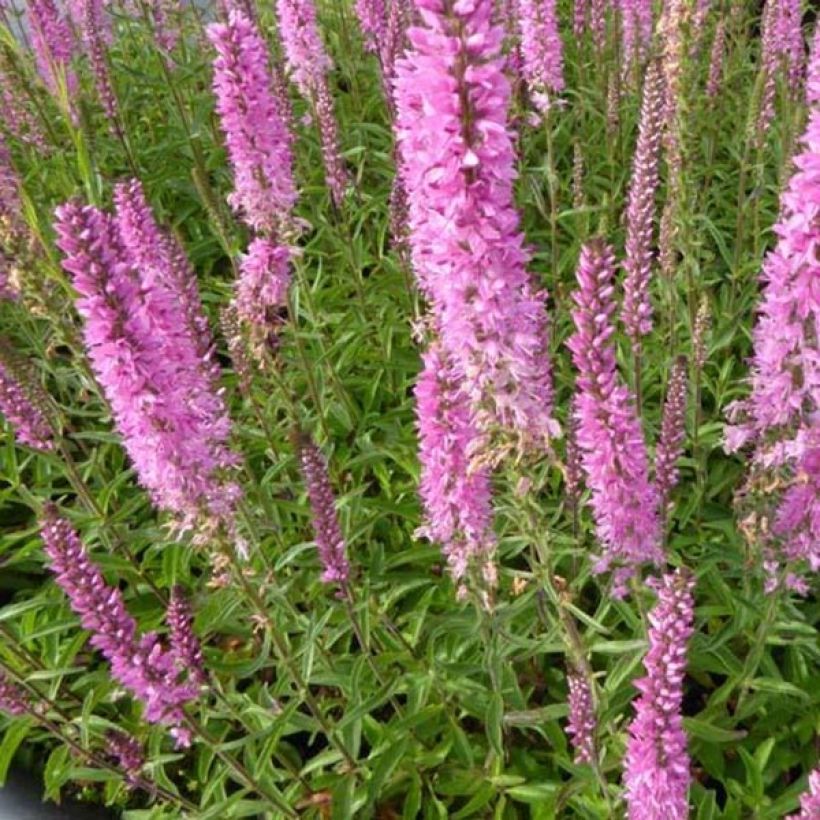

Flowering
Foliage
Plant habit
Botanical data
Veronica
spicata
Barcarolle
Plantaginaceae
Spiked Speedwell
Cultivar or hybrid
Other Veronica - Speedwell
View all →Planting and care
Veronica spicata Barcarolle is an easy-to-care-for perennial which prefers dry, well-drained, light and slightly alkaline (chalky) soil. Heavy soil can reduce its hardiness. It grows and flowers best in a sunny exposure. This little veronica can be planted in the garden almost all year round, except during periods of frost and summer drought. Remove the faded flower spikes to promote new flowers. Adding compost at the base of the plant every spring will give it vigour. Avoid using nitrogen-rich fertilisers as they will promote vegetative growth at the expense of flowers. In late winter, cut back the plant to the base and fresh foliage will emerge in spring.
Planting period
Intended location
Care
This item has not been reviewed yet - be the first to leave a review about it.
Similar products
Haven't found what you were looking for?
Hardiness is the lowest winter temperature a plant can endure without suffering serious damage or even dying. However, hardiness is affected by location (a sheltered area, such as a patio), protection (winter cover) and soil type (hardiness is improved by well-drained soil).

Photo Sharing Terms & Conditions
In order to encourage gardeners to interact and share their experiences, Promesse de fleurs offers various media enabling content to be uploaded onto its Site - in particular via the ‘Photo sharing’ module.
The User agrees to refrain from:
- Posting any content that is illegal, prejudicial, insulting, racist, inciteful to hatred, revisionist, contrary to public decency, that infringes on privacy or on the privacy rights of third parties, in particular the publicity rights of persons and goods, intellectual property rights, or the right to privacy.
- Submitting content on behalf of a third party;
- Impersonate the identity of a third party and/or publish any personal information about a third party;
In general, the User undertakes to refrain from any unethical behaviour.
All Content (in particular text, comments, files, images, photos, videos, creative works, etc.), which may be subject to property or intellectual property rights, image or other private rights, shall remain the property of the User, subject to the limited rights granted by the terms of the licence granted by Promesse de fleurs as stated below. Users are at liberty to publish or not to publish such Content on the Site, notably via the ‘Photo Sharing’ facility, and accept that this Content shall be made public and freely accessible, notably on the Internet.
Users further acknowledge, undertake to have ,and guarantee that they hold all necessary rights and permissions to publish such material on the Site, in particular with regard to the legislation in force pertaining to any privacy, property, intellectual property, image, or contractual rights, or rights of any other nature. By publishing such Content on the Site, Users acknowledge accepting full liability as publishers of the Content within the meaning of the law, and grant Promesse de fleurs, free of charge, an inclusive, worldwide licence for the said Content for the entire duration of its publication, including all reproduction, representation, up/downloading, displaying, performing, transmission, and storage rights.
Users also grant permission for their name to be linked to the Content and accept that this link may not always be made available.
By engaging in posting material, Users consent to their Content becoming automatically accessible on the Internet, in particular on other sites and/or blogs and/or web pages of the Promesse de fleurs site, including in particular social pages and the Promesse de fleurs catalogue.
Users may secure the removal of entrusted content free of charge by issuing a simple request via our contact form.
The flowering period indicated on our website applies to countries and regions located in USDA zone 8 (France, the United Kingdom, Ireland, the Netherlands, etc.)
It will vary according to where you live:
- In zones 9 to 10 (Italy, Spain, Greece, etc.), flowering will occur about 2 to 4 weeks earlier.
- In zones 6 to 7 (Germany, Poland, Slovenia, and lower mountainous regions), flowering will be delayed by 2 to 3 weeks.
- In zone 5 (Central Europe, Scandinavia), blooming will be delayed by 3 to 5 weeks.
In temperate climates, pruning of spring-flowering shrubs (forsythia, spireas, etc.) should be done just after flowering.
Pruning of summer-flowering shrubs (Indian Lilac, Perovskia, etc.) can be done in winter or spring.
In cold regions as well as with frost-sensitive plants, avoid pruning too early when severe frosts may still occur.
The planting period indicated on our website applies to countries and regions located in USDA zone 8 (France, United Kingdom, Ireland, Netherlands).
It will vary according to where you live:
- In Mediterranean zones (Marseille, Madrid, Milan, etc.), autumn and winter are the best planting periods.
- In continental zones (Strasbourg, Munich, Vienna, etc.), delay planting by 2 to 3 weeks in spring and bring it forward by 2 to 4 weeks in autumn.
- In mountainous regions (the Alps, Pyrenees, Carpathians, etc.), it is best to plant in late spring (May-June) or late summer (August-September).
The harvesting period indicated on our website applies to countries and regions in USDA zone 8 (France, England, Ireland, the Netherlands).
In colder areas (Scandinavia, Poland, Austria...) fruit and vegetable harvests are likely to be delayed by 3-4 weeks.
In warmer areas (Italy, Spain, Greece, etc.), harvesting will probably take place earlier, depending on weather conditions.
The sowing periods indicated on our website apply to countries and regions within USDA Zone 8 (France, UK, Ireland, Netherlands).
In colder areas (Scandinavia, Poland, Austria...), delay any outdoor sowing by 3-4 weeks, or sow under glass.
In warmer climes (Italy, Spain, Greece, etc.), bring outdoor sowing forward by a few weeks.































